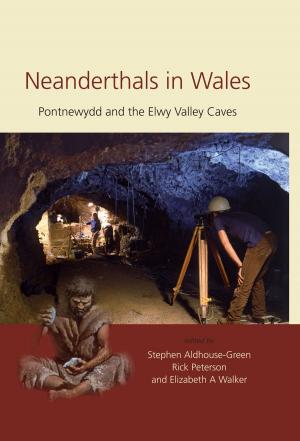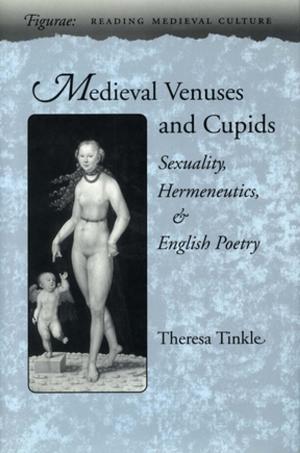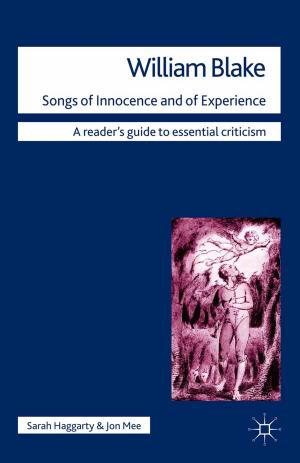| Author: | W. P. Ker | ISBN: | 9786051767048 |
| Publisher: | W. P. Ker | Publication: | July 4, 2015 |
| Imprint: | Language: | English |
| Author: | W. P. Ker |
| ISBN: | 9786051767048 |
| Publisher: | W. P. Ker |
| Publication: | July 4, 2015 |
| Imprint: | |
| Language: | English |
Readers are drawn to medieval literature in many different ways, and it is hardly possible to describe all the attractions and all the approaches by which they enter on this ground. Students of history have to learn the languages of the nations with whose history they are concerned, and to read the chief books in those languages, if they wish to understand rightly the ideas, purposes and temper of the past ages. Sometimes the study of early literature has been instigated by religious or controversial motives, as when the Anglo-Saxon homilies were taken up and edited and interpreted in support of the Reformation. Sometimes it is mere curiosity that leads to investigation of old literature—a wish to find out the meaning of what looks at first difficult and mysterious. Curiosity of this sort, however, is seldom found unmixed; there are generally all sorts of vague associations and interests combining to lead the explorer on. It has often been observed that a love of Gothic architecture, or of medieval art in general, goes along with, and helps, the study of medieval poetry. Chatterton’s old English reading and his imitations of old English verse were inspired by the Church of St. Mary Redcliffe at Bristol. The lives of Horace Walpole, of Thomas Warton, of Sir Walter Scott, and many others show how medieval literary studies may be nourished along with other kindred antiquarian tastes.
Readers are drawn to medieval literature in many different ways, and it is hardly possible to describe all the attractions and all the approaches by which they enter on this ground. Students of history have to learn the languages of the nations with whose history they are concerned, and to read the chief books in those languages, if they wish to understand rightly the ideas, purposes and temper of the past ages. Sometimes the study of early literature has been instigated by religious or controversial motives, as when the Anglo-Saxon homilies were taken up and edited and interpreted in support of the Reformation. Sometimes it is mere curiosity that leads to investigation of old literature—a wish to find out the meaning of what looks at first difficult and mysterious. Curiosity of this sort, however, is seldom found unmixed; there are generally all sorts of vague associations and interests combining to lead the explorer on. It has often been observed that a love of Gothic architecture, or of medieval art in general, goes along with, and helps, the study of medieval poetry. Chatterton’s old English reading and his imitations of old English verse were inspired by the Church of St. Mary Redcliffe at Bristol. The lives of Horace Walpole, of Thomas Warton, of Sir Walter Scott, and many others show how medieval literary studies may be nourished along with other kindred antiquarian tastes.
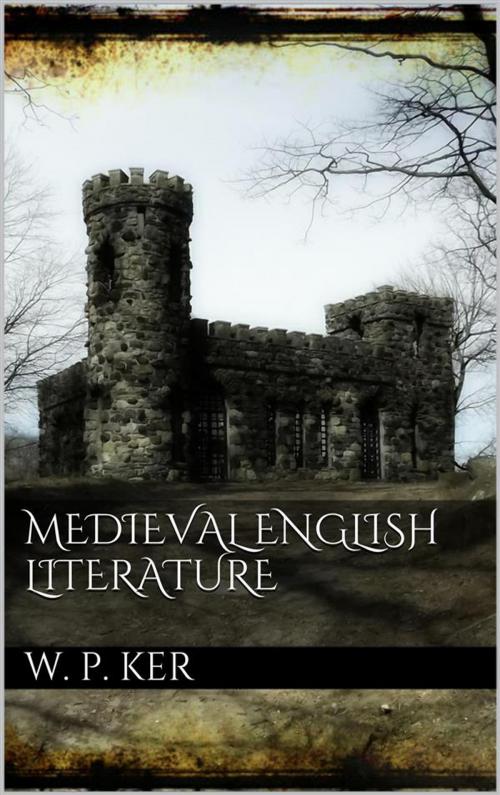
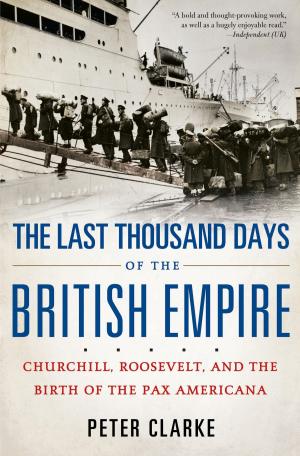






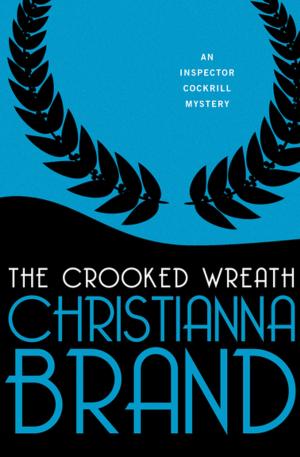

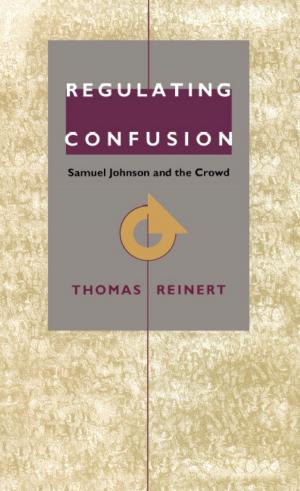
![Cover of the book Gun Fodder - Four Years Of War [Illustrated Edition] by W. P. Ker](https://www.kuoky.com/images/2015/november/300x300/9781786255310-qYJa_300x.jpg)
